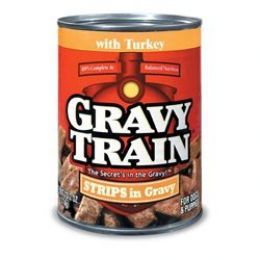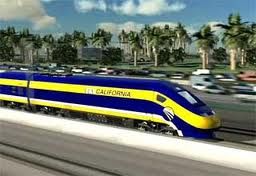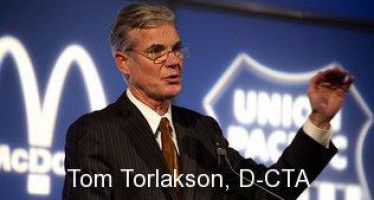Bills Address High-Speed Gravy Train
Katy Grimes: Gov. Jerry Brown announced over the weekend that he plans to fund California’s High-Speed Rail system through the state’s cap and trade program.
There is a problem with this plan however, at the moment, it’s a good problem – cap and trade is not actually up and running yet.
Whew!
As I wrote last week, the High-Speed Rail project received yet another another report very critical of the High-Speed Rail Authority’s most recent attempt at a business plan. The State Auditor’s office released a second report in two years, which found that the high-speed rail project relies on uncertain funding sources and that “the program’s overall financial situation has become increasingly risky.”
Removing any lingering doubts that the High-Speed Rail project is a humongous farce, even several state agencies have warned lawmakers not to proceed.
Assemblywoman Diane Harkey, R-Dana Point, released a list of the of the officials, entities and agencies which have cast doubt on the high-speed rail project. The list includes:
–California High-Speed Rail Peer Review Group
-Local governments including Tulare County, Madera County, Kings County and the City of Palo Alto
-Several Democratic and Republican state legislators and US Representatives
–UC Berkeley Institute of Transportation Studies.
And since the High-Speed Rail Authority, the Legislature and the Governor have not put the kibosh on the nearly $100 billion train plan, Harkey introduced AB 1455, to halt state debt funding for the high speed rail project. The bill would address the unprecedented project cost overruns and cut off spending.
Sen. Doug LaMalfa, R-Richvale, also authored a bill to deal with the out-of-control train. SB 985 asks the voters if they want to proceed with California’s proposed $98.5 billion high speed rail project. “Voters have been misled about the true costs of High Speed Rail from the start, said LaMalfa in a written statement today. “The costs have tripled since 2008 and every objective observer has said this project it too expensive and is unlikely to be completed. “
“The state’s cap and trade program is not yet in operation and revenue estimates of $1 billion per year are unreliable and unsubstantiated,” Harkey said in a press statement today. “Relying on projected revenues that fall short is the key reason why our state deficit continues to explode year after year. To rush this project forward, just using up the $3.5 billion of Federal funds, with the hope of an additional funding mechanism based on guess work is irresponsible. The federal government provided 3 percent but will not be as eager to help fund the additional 97 percent.”
La Malfa noted that the California Supreme Court ruled that the ballot language for Proposition 1A, the High-Speed Rail Act of 2008, was not only misleading, but the High Speed Rail Authority admitted to using government funds to lobby Congress and the State Legislature. “Congress has withdrawn future funds from the project, the Legislative Analyst Office has called into question the legality of the financing for the proposed first leg of construction, and the High Speed Rail Peer Review recommended not building the project,” said La Malfa.
“Moving forward with just the first $2.7 billion in bonds to fund the ‘train to nowhere’ section of rail will cost California taxpayers $180 million a year just to service that debt. That is less than 3 percent of the total cost to build the project,” continued LaMalfa. “Are the supporters of this project willing to layoff teachers, cops and firefighters to pay for an unusable section of track?”
“It is time the voters got a do over,” said La Malfa. “If the legislature acts quickly this measure can be on the November ballot and voters can have their say – real costs in hand.”
Related Articles
Green power shocking big utilities
Peter Rumble, an outgoing Sonoma County administrator, recently announced the formation of California Clean Power, a new private company where
In debate, Torlakson misrepresents teacher-discipline bill
State Superintendent of Public Instruction Tom Torlakson debated challenger Marshall Tuck on Wednesday night and once again found himself on
Third World Kalifornia
Aug. 10, 2012 By John Seiler California continues to descend into Third World status, complete with corrupt, secretive government. The






